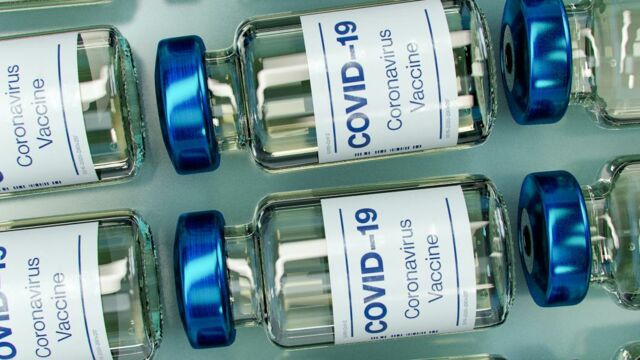In a Facebook post, uploaded on March 16, a doctor from South Korea claimed that 'adults who have not yet been infected with Covid-19 are those who have interpersonal problems.'
Discover our latest podcast
Ma Sang-hyuk, vice president of the Korean Vaccine Society, quickly deleted his post following the reactions of his community. But, several Internet users had the time to take a screenshot and shared this message widely on social media.
Doctor's controversial statements
Very quickly, this message caused controversy. The doctor also claimed that the government should:
Focus on treatment rather than strengthening social distancing measures as the spread of the Omicron variant plagues the country.
Indeed, at the time this message was published, a cumulative number of confirmed cases in South Korea stood at 9.93 million, meaning nearly one in five people in the country have tested positive.
In an interview withKorea Herald, a local newspaper, the doctor defended his stance and clarifies that his remark about 'interpersonal issues' was a metaphor to point out that contracting the virus is inevitable.
Ma Sang-hyuk says:
It's unfortunate for those dying from Covid-19, but we also need to think about people who can't go to hospital even though they're sick and suffering in fear and pain at home. They should have the right to receive treatment.
I don’t recall asking to be attacked like this https://t.co/o7KwQAR3nhpic.twitter.com/UX0Fn4HMRc
— Dr Julie Blommaert (@drjulie_b) March 25, 2022
Read more:
⋙ Tuberculosis and COVID: Common symptoms of the infectious diseases and how they're different
⋙ COVID: Statutory sick pay and employment support allowance rules to change
⋙ COVID: This rare side effect of the virus causes hallucinations and delusions
Highest level of social isolation
In a report titled 'The world is probably sicker than it has been in 100 years,' published on February 6, the Wall Street Journal quoted a tweet from Mexican disease specialist, Brenda Crabtree, which claims the same.
Brenda Crabtree writes:
If you don't have any infected friends right now, you don't have any friends.
According to a study, the level of social isolation was 34.1% last year, up 6.4 percentage points from 2019 before the onslaught of Covid-19. This is the highest level since statistics began to be compiled in 2009.















